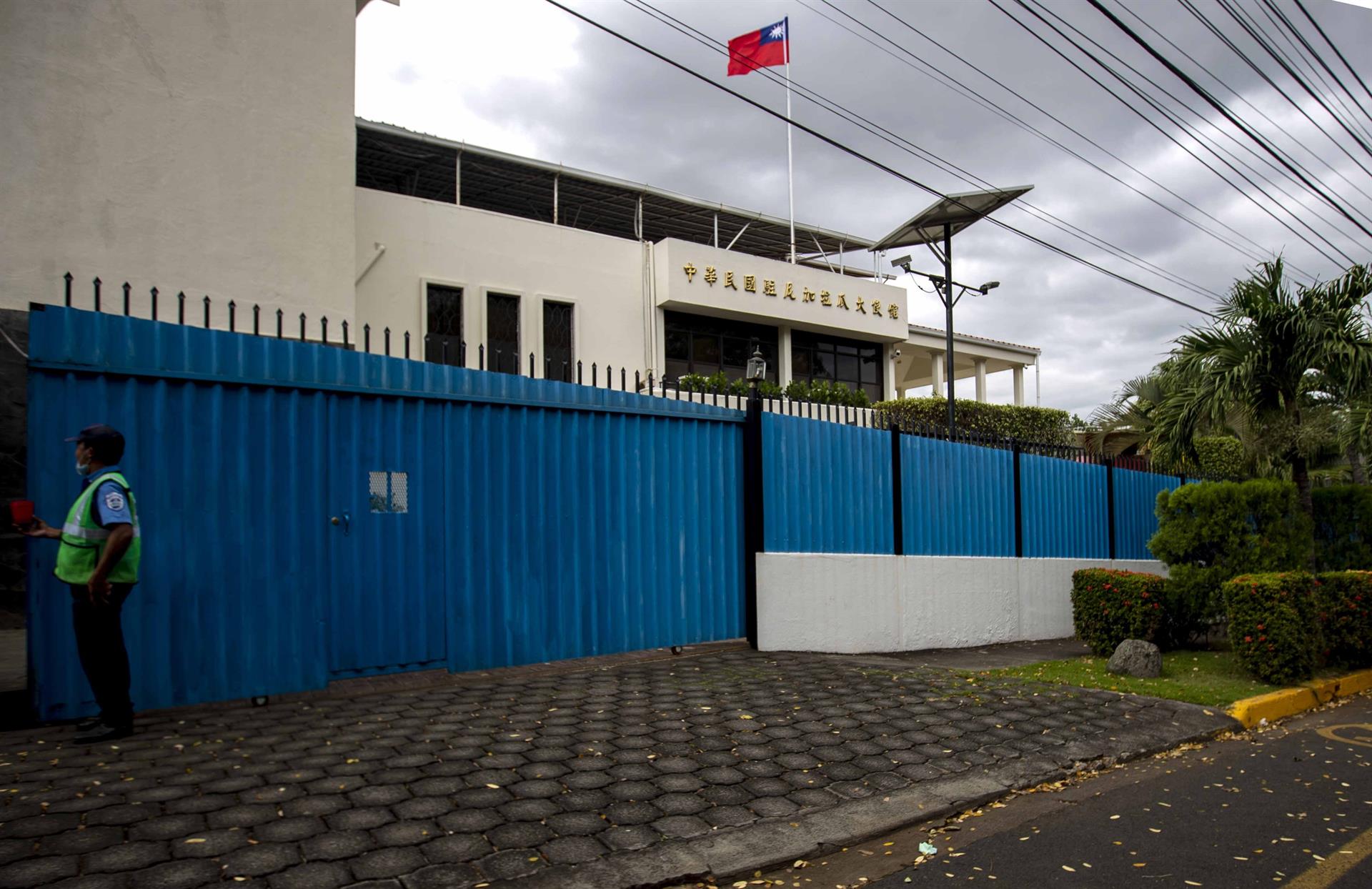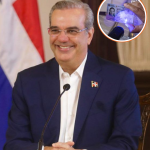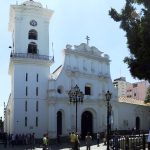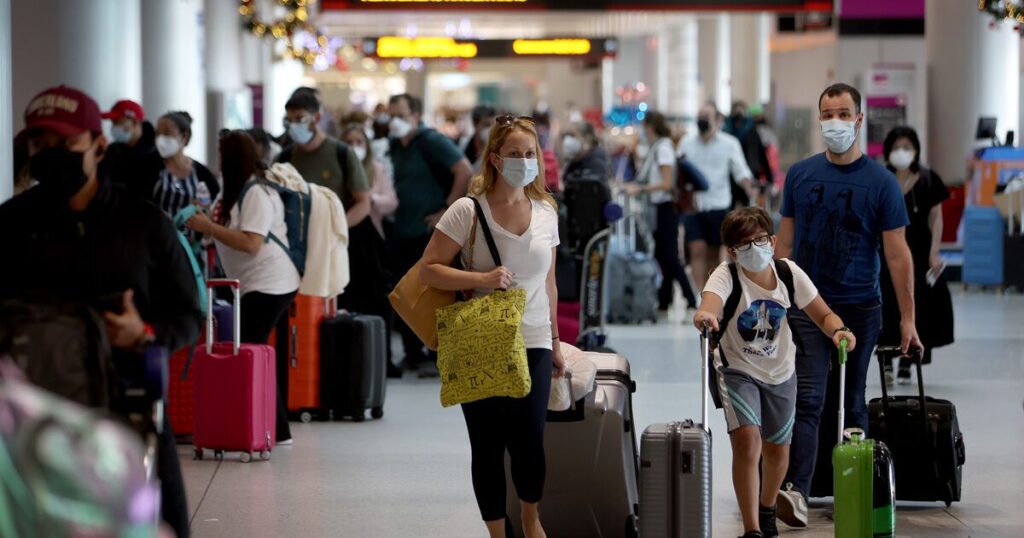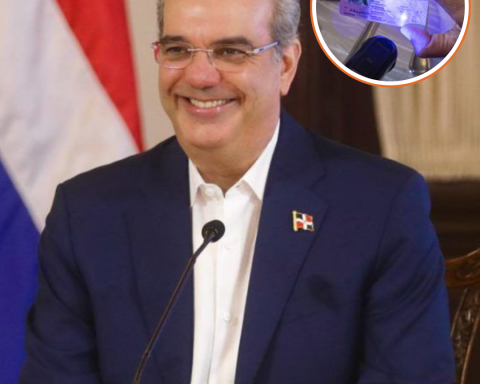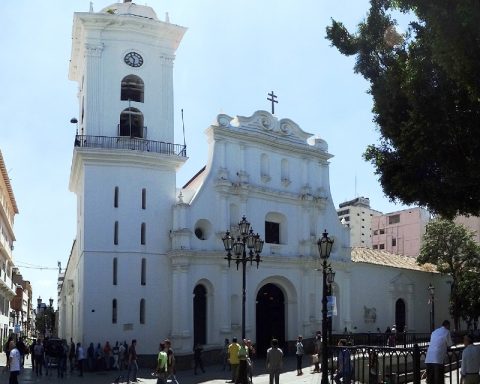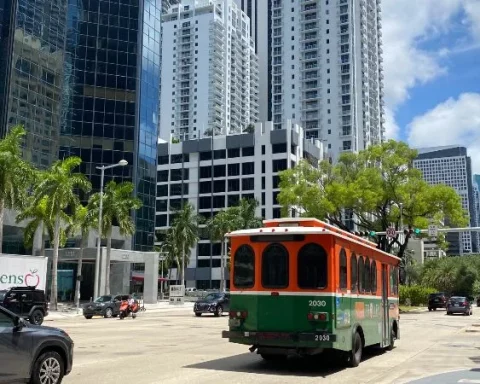The Government of Taiwan announced this Thursday, December 30, that it will “undertake” international legal actions against the State of Nicaragua, for the “confiscation” of the Taiwanese embassy in Managua, carried out by the Administration of Daniel Ortega and Rosario Murillo to deliver it to Mainland China.
“Taiwan will undertake appropriate international legal procedures to protect its diplomatic property and ensure that Nicaragua is held accountable for its illegal international act,” the Taiwanese Foreign Ministry said in a statement.
This Sunday, December 26, through a press release from the Attorney General’s Office (PGR), the Government of Daniel Ortega reported the decision to hand over the real estate to the People’s Republic of China, which he recognized last December 9, which caused a protest from Taiwan that denounced the illegality and called Managua’s “dictatorial regime”.
“Nicaragua must comply with its obligations under international law and protect the facilities and property of the Embassy of the Republic of China Taiwan,” said the note from the Taiwanese Foreign Ministry.
The confiscation “is part of China’s explicit and aggressive intention to annex Taiwan, which seriously contravenes international norms and damages regional peace and stability,” he added.
China, which claims Taiwan as part of its territory, has increased pressure to isolate the island internationally. Managua’s change of position has left Taipei with only 14 diplomatic allies globally.
Rejection of the regime
The building of the diplomatic headquarters is located in the residential Planes de Altamira, an area of high added value in Managua. The Taiwanese government has reported that the property was sold symbolically — for one dollar — to the Archdiocese of Managua. The Catholic Church in Nicaragua has so far not declared itself as an institution after the government decision to prevent the donation.
In its statement, the Foreign Ministry of Taiwan detailed that its Government “had reached an agreement to entrust the custody of its embassy facilities to a third state in accordance with international law, but Nicaragua unreasonably rejected it in violation of international conventions. ”.
“Due to extreme time constraints, Taiwan decided to symbolically sell its embassy facilities to the Roman Catholic Archdiocese of Managua,” he added.
The regime’s action has been described as a “confiscatory, illegal, offensive and ignominious” act, by experts in international law.. Carlos Cascante Segura, professor at the School of Political Sciences of the University of Costa Rica, said that “the right thing is for Taiwanese officials to dispose of them (investments and other assets), following instructions from their Government, whether they sell them , donate them or any other possibility ”.
The break with Taiwan comes amid the condemnation of the Organization of American States (OAS) for the repression and after Ortega’s illegitimate reelection last November, after the elimination of electoral competition as a consequence of the imprisonment of the main opposition leaders and the control of electoral power.
Nicaragua is the eighth country to withdraw its recognition of Taiwan since Taiwanese President Tsai Ing-wen took office in 2016, in a context of growing tension with China.
* With information from the Afp agency
